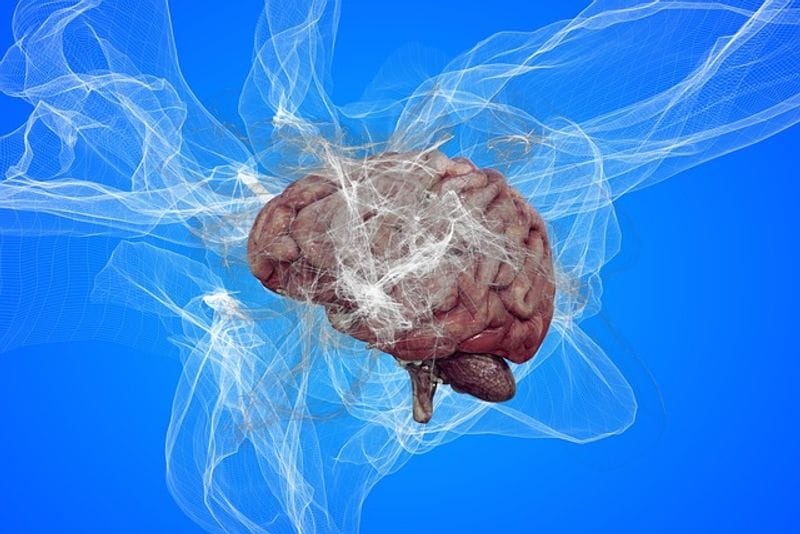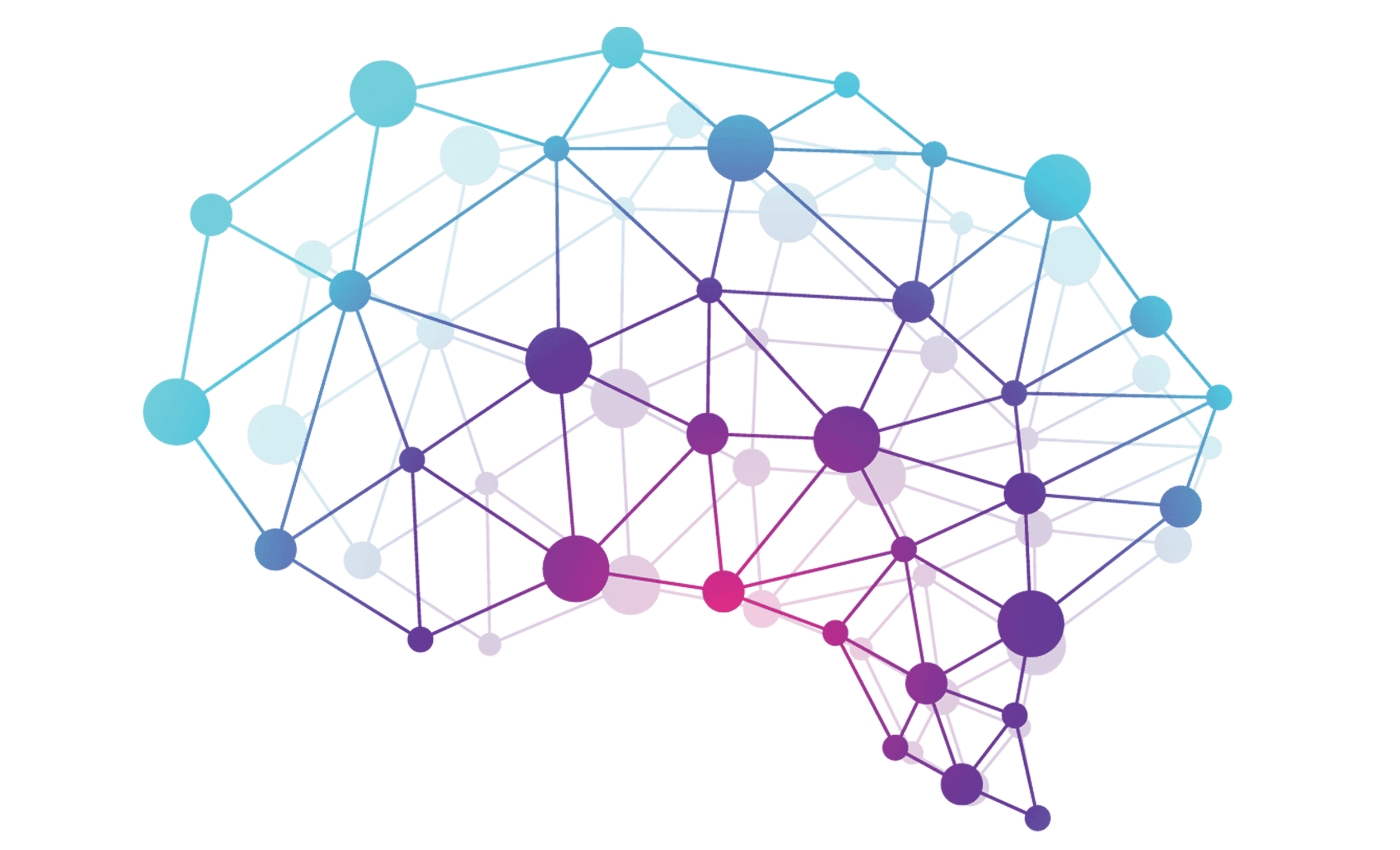
A neurological evaluation is a crucial process that offers a comprehensive assessment of the nervous system. This evaluation, typically conducted by healthcare professionals like neurologists or specialized clinicians, plays a fundamental role in detecting, diagnosing, and monitoring conditions affecting the brain, spinal cord, and peripheral nerves.
During a neurological evaluation, a series of tests and examinations are performed to evaluate the structure and function of the nervous system. These assessments are designed to identify any abnormalities or irregularities that may indicate underlying neurological conditions. Through a combination of physical examinations, imaging studies, and neurological tests, healthcare providers can gain valuable insights into a patient’s neurological health.
One of the primary objectives of a neurological evaluation is to enable early detection of neurological disorders. By identifying potential issues at an early stage, healthcare providers can initiate timely interventions and treatment strategies to prevent further progression of the condition. This proactive approach can significantly improve patient outcomes and quality of life.
Moreover, neurological evaluations are instrumental in monitoring the progression of neurological conditions over time. By conducting regular assessments and tracking changes in neurological function, healthcare providers can adjust treatment plans accordingly and ensure that patients receive the most appropriate care. This ongoing monitoring helps in optimizing treatment outcomes and ensuring the best possible management of neurological disorders.
For more information on neurological evaluations, you can visit the authoritative resource provided by Johns Hopkins Medicine: Johns Hopkins Medicine – Neurological Evaluation.
The Role of Healthcare Providers in Neurological Evaluations
Neurologists and specialized clinicians play a pivotal role in conducting neurological evaluations with precision and expertise. These healthcare professionals possess specialized training and knowledge in diagnosing and managing disorders of the nervous system. Their expertise allows them to perform a thorough assessment of a patient’s neurological health, from identifying symptoms to interpreting diagnostic tests.
When it comes to neurological evaluations, neurologists are equipped with the skills to recognize subtle signs and symptoms that may indicate neurological abnormalities. Through detailed physical examinations and targeted questioning, neurologists can gather essential information to form an accurate diagnosis and treatment plan. Additionally, neurologists may collaborate with other healthcare providers to ensure a multidisciplinary approach to patient care.
Specialized clinicians, including nurse practitioners or physician assistants, also play a valuable role in the process of neurological evaluations. These professionals work closely with neurologists to administer tests, monitor patients’ progress, and provide ongoing support and education. Their contributions are integral to the comprehensive care patients receive during the evaluation process.
For individuals undergoing neurological evaluations, the expertise and guidance provided by neurologists and specialized clinicians bring reassurance and confidence. Knowing that their neurological health is being evaluated by skilled professionals instills a sense of trust and ensures that they are receiving the best possible care. The collaborative efforts of these healthcare providers contribute to a holistic approach to neurological evaluation and care.
To learn more about the involvement of healthcare providers in neurological evaluations, you can explore authoritative resources such as the website of Johns Hopkins Medicine: Johns Hopkins Medicine – Neurological Evaluation.
Benefits of Neurological Evaluations
Neurological evaluations offer a myriad of benefits for individuals seeking to assess their nervous system health comprehensively. One of the primary advantages of undergoing a neurological evaluation is the early detection of neurological conditions. By detecting potential issues at an early stage, individuals can benefit from timely interventions that may help slow down disease progression and improve overall outcomes. Early detection through neurological evaluations empowers individuals to take proactive steps towards managing their neurological health.
Another key benefit of neurological evaluations is the ability to monitor the progression of neurological conditions over time. These evaluations provide healthcare providers with valuable insights into changes in a patient’s neurological function, allowing for adjustments in treatment plans and interventions as needed. Regular monitoring through neurological evaluations enables healthcare professionals to optimize care strategies and ensure that patients receive the most effective treatment for their specific condition.
Moreover, neurological evaluations can help individuals gain a better understanding of their neurological health status. By undergoing a comprehensive assessment of the nervous system, individuals can receive personalized insights into their neurological function and potential risk factors. This knowledge can empower individuals to make informed decisions about their health, including lifestyle modifications and treatment options that cater to their specific neurological needs.
For those considering the benefits of neurological evaluations, it is essential to recognize the role these assessments play in promoting overall neurological well-being. By prioritizing neurological health through regular evaluations, individuals can proactively manage their neurological conditions, enhance their quality of life, and make informed decisions about their healthcare journey.
To explore more about the benefits of neurological evaluations, you can refer to authoritative sources such as the website of Johns Hopkins Medicine: Johns Hopkins Medicine – Neurological Evaluation.
Personal Experiences with Neurological Evaluations
Personal experiences with neurological evaluations can provide valuable insights into the impact of these assessments on individuals’ health and well-being. Many individuals who have undergone neurological evaluations have shared positive feedback about the process and its outcomes. These personal accounts often highlight how neurological evaluations have helped in early detection of neurological conditions, leading to timely interventions and improved management of their health.
For some individuals, the experience of undergoing a neurological evaluation has been transformative. By receiving a comprehensive assessment of their nervous system, they were able to gain a better understanding of their neurological health status and potential areas of concern. This increased awareness empowered them to take proactive steps towards better managing their neurological conditions and making informed decisions about their care.

Individuals who have undergone neurological evaluations often express gratitude for the personalized care and attention they received from healthcare providers during the assessment process. The collaborative approach taken by neurologists and specialized clinicians in conducting neurological evaluations fosters a supportive environment that prioritizes patients’ well-being and ensures a thorough evaluation of their neurological health.
Moreover, personal experiences with neurological evaluations often emphasize the importance of regular monitoring and follow-up assessments. Individuals who have undergone neurological evaluations understand the significance of ongoing care and how it contributes to maintaining optimal neurological health. By sharing their experiences, these individuals encourage others to prioritize their neurological well-being and seek regular evaluations for proactive management of neurological conditions.
To explore firsthand accounts of individuals who have undergone neurological evaluations and their experiences, you can visit authoritative sources such as the website of Johns Hopkins Medicine: Johns Hopkins Medicine – Neurological Evaluation.
Key Components of a Neurological Evaluation
A neurological evaluation comprises a range of key components that collectively provide a comprehensive assessment of an individual’s nervous system. One essential component of a neurological evaluation is the detailed medical history review. Healthcare providers, such as neurologists, carefully assess a patient’s medical history to understand any previous neurological symptoms, conditions, or risk factors that may impact the current evaluation.
Physical examinations are another integral part of a neurological evaluation. During these examinations, healthcare providers conduct a thorough assessment of a patient’s neurological function, including evaluating reflexes, muscle strength, coordination, and sensory responses. These examinations help identify any physical signs or abnormalities that may indicate underlying neurological issues.
In addition to medical history reviews and physical examinations, neurological evaluations often involve specialized diagnostic tests and imaging studies. Tests such as electroencephalograms (EEGs), magnetic resonance imaging (MRI), and nerve conduction studies may be performed to provide detailed insights into the structure and function of the nervous system. These tests play a crucial role in aiding healthcare providers in diagnosing and monitoring neurological conditions.
Neurological evaluations also include specific neurological tests designed to assess cognitive function, balance, coordination, and other aspects of neurological health. These tests, such as the Mini-Mental State Examination (MMSE) or the Romberg test, help healthcare providers evaluate different aspects of neurological function and identify any areas of concern that may require further evaluation or intervention.
To learn more about the key components of a neurological evaluation and the significance of each stage, you can refer to authoritative sources such as the website of Johns Hopkins Medicine: Johns Hopkins Medicine – Neurological Evaluation.
Importance of Timely Neurological Evaluations
Timely neurological evaluations are essential for effectively managing neurological disorders and promoting optimal neurological health. One of the significant benefits of timely evaluations is the early detection of neurological conditions. Detecting disorders in their early stages allows for prompt intervention and treatment, which can help prevent further progression of the condition and improve outcomes for patients. By identifying neurological issues early, healthcare providers can implement appropriate strategies to address the underlying causes and provide timely care.
Furthermore, timely neurological evaluations play a crucial role in monitoring the progression of neurological conditions over time. Regular assessments enable healthcare providers to track changes in a patient’s neurological function, adjust treatment plans as needed, and ensure that individuals receive the most suitable care based on their evolving health status. This proactive approach helps in optimizing treatment outcomes and enhancing the overall management of neurological disorders.
In addition to aiding in early detection and monitoring, timely neurological evaluations contribute to better outcomes for individuals with neurological disorders. By conducting evaluations at appropriate intervals and keeping track of any changes in neurological health, healthcare providers can tailor treatment approaches to meet the specific needs of each patient. This personalized care enhances the effectiveness of interventions and supports patients in managing their neurological conditions more effectively.
Understanding the importance of timely neurological evaluations can empower individuals to prioritize their neurological health and seek regular assessments. By staying proactive about neurological evaluations, individuals can take control of their well-being, address any potential issues promptly, and work towards maintaining optimal neurological function. To delve deeper into the significance of timely neurological evaluations, authoritative sources like the website of Johns Hopkins Medicine can provide valuable insights: Johns Hopkins Medicine – Neurological Evaluation.



